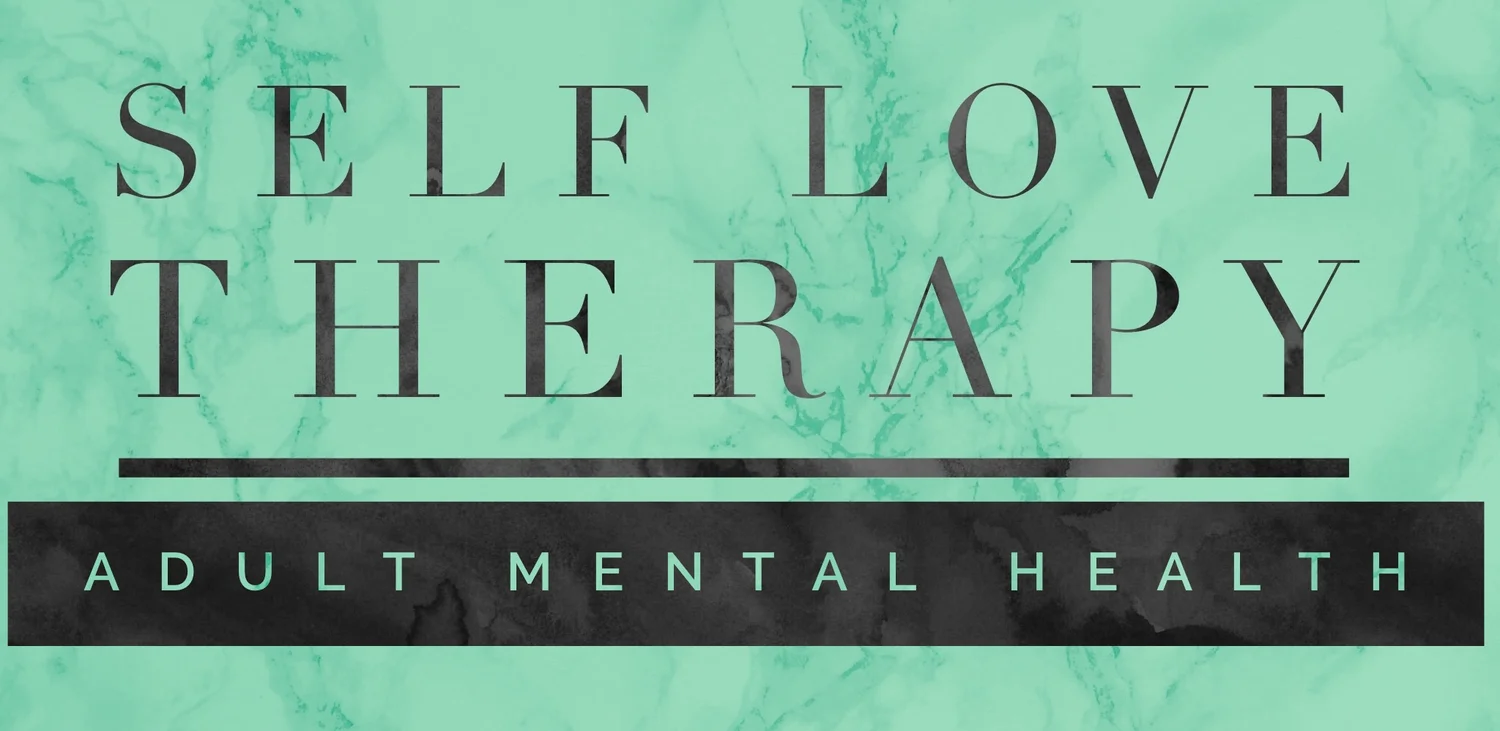In the mediated age of technology where so many signals and networks compete for our attention, we still own the world’s first and most advanced pharmacy: our brain.
One chronic problem we face as modern living mammalians may be our chronic perception of situations as threatening that are not. Raised cortisol levels due to chronic fear lead to depression by draining various neurotransmitters that play vital roles in our ability to experience life with joy.
In many of our daily experiences, we trade resources like time and money for services that we expect to be of high quality. Trading is a form of exchange that also takes place in our body’s most advanced organ as it produces different chemicals in response to what we provide it with and how we interpret the world. We give more credit to external circumstances than we do to the impact of our continual interaction with our own brain through self-criticism or self-kindness.
Kindness directed at own self is not a New Age concept!
As mammals, we are our own healers when we soothe our own pain by the mere touch of care. Our built-in caregiving pharmacy starts its operation by triggering our hormonal system to release oxytocin. It has been titled by researchers the “hormone of love and bonding” because its magic begins before even we are born. The strength of mother-infant bonding after birth is predicted by the levels of oxytocin measured in pregnant mothers. As adults, we might not readily realize how much we judge our social relationships based on our oxytocin’s levels. Research has shown increased levels of this hormone give rise to feelings of trust and connectedness that also promote the ability to feel warmth and compassion for ourselves as well as others.
Oxytocin overrides stress!
It counteracts the increased blood pressure and elevated cortisol due to stress; as a result it reduces emotions associated with anxiety and fear. When you are feeling frustrated at the airport security check or feeling timid at a party (because there is no alcohol), it is because anxiety and relaxation cannot coexist in the same moment (for any of us), and their chemical arsenals in the brain never overlap, rather counteract one another.
Researchers at the Multidisciplinary Association of Psychedelic Studies (known as MAPS) investigate psychedelic-assisted psychotherapy for the treatment of mood and trauma disorders. Their research has shown that MDMA (also known as the drug party Ecstasy) simulates the actions of oxytocin to quickly and effectively reduce or eliminate persistent anxiety disorders. Again, there is evidence for activation of same brain regions that aside from feeling calm and compassionate, Oxytocin in prefrontal cortex enables us to accept our differences through empathy for self and others. Through drugs or positive practice, there are noteworthy implications here for our mind-body health outcomes in time. For example, practicing relaxation techniques coupled with self-kindness successfully neutralize emotions associated with anxiety and fear. Now, Xanax does the same thing but with unwanted short- and long-term side effects.
The pharmacy of self-criticism
The experience of physical and emotional attacks influences the oldest part of our brain: the amygdala in the limbic system, an almond-shaped structure responsible for the emotional processing of our experiences. Mammalian evolution celebrates its selection of the amygdala's protective function to search for threats in the environment; and so to mobilize our body to protect itself. As the fight-or-flight response is triggered, the amygdala sends signals that raise the blood pressure along with the blood levels of adrenaline and the stress hormone cortisol. This activates the body’s energy systems to quickly confront or avoid a threat. unnecessary activation leads to feelings of depletion and exhaustion. Fortunately, this can be reversed to restore well-being.
Research has also identified different parts of the brain involved in processing the signals produced by two conditions of self-criticism and self-reassurance. In one study, participants were asked to choose their reaction to a job rejection letter for the third time in a row in either a reassuring or a self-critical way. The group of participants who focused on personal setbacks engaged in self-criticism and experienced activation of the lateral prefrontal cortex and dorsal anterior cingulate. These brain regions are also responsible for processing errors and solving problems. Participants who showed understanding toward themselves, on the other hand, activated left temporal pole and insula, which are areas of the brain associated with processing positive emotions and loving kindness. One implication signifies the long-lasting advice that we function significantly better when we approach ourselves with affection as valuable human beings who are worthy of love, instead of seeing ourselves as a problem to be fixed.
Today's problem & Solution
Our life experience in this day and age has changed tremendously. Yet, our brains process threats and kindness similar to how it did thousands of years ago. The experience of warmth and tender care towards yourself changes your body as well as your brain. Self-love offers us the calm and secure inside sanctuary where we no longer function from a place of fear. Once we relate to ourselves with greater self-understanding we can see through the ego-serving distortions of reality better - and to approach dreams with the essential confidence to actually achieve them.
How often do you give yourself a long hug after a mistake or failure?
ps., please pardon any errors you find in this post. today I honor my thoughts that want to just rush out and lay on the keyboard.
Dr. Hessam



